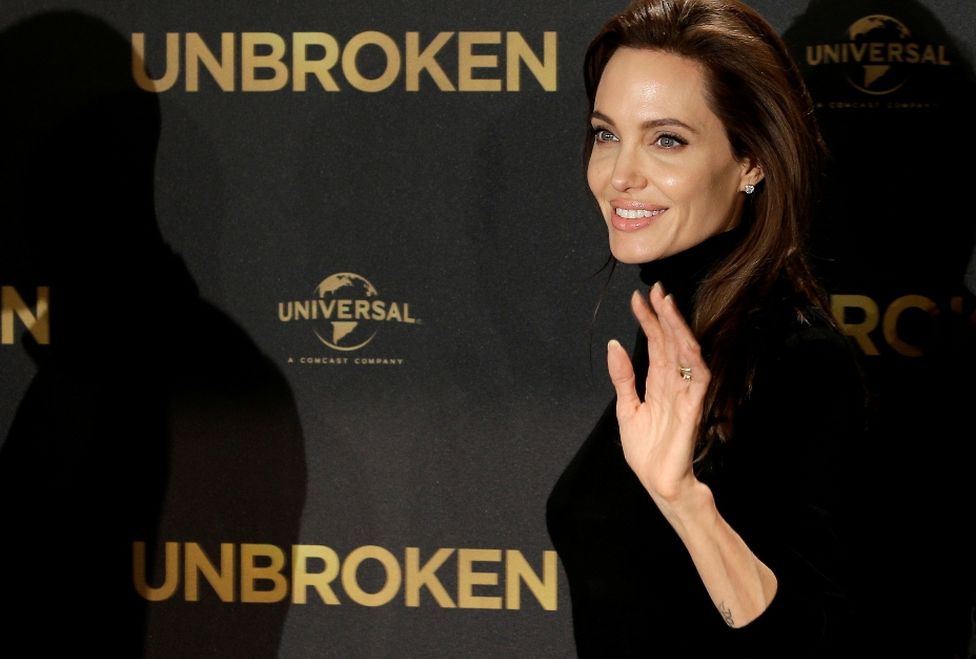Landline
by Hope Madden
Jenny Slate is the perfect mix of raunchy and sweet to anchor an indie dramedy. Co-writer/director Gillian Robespierre tested that theory in 2014 with the character study and edgy rom/com Obvious Child.
Following on those proven results, Robespierre re-tests her theory with the 1995 family saga Landline.
Slate plays Dana, the older, almost-married sister in an upscale Manhattan family. But she and her ever-since-college beau Ben (Jay Duplass) are maybe not everything Dana hoped they’d be.
Her own entanglements with infidelity happen to exactly coincide with a discovery younger sister Ali (Abby Quinn) makes of their father’s (John Turturro) erotic poetry, written for someone who is definitely not their mother (Edie Falco).
Things begin to fall apart. Ali’s lived-in resentment toward her overbearing mother is tested and turned instead toward her sweet, laid back father. Meanwhile Dana embraces recklessness and begins hanging out with her boundary-pushing teenage sister, drinking during the day and sneaking away for clandestine sexual encounters with Nate (pitch-perfect Finn Wittrock).
So, crumbling family dynamics in a well-to-do Manhattan family. Not exactly as edgy as a romantic comedy written around an abortion.
Still, between its loving nostalgia for the pre-cellphone days of the mid-Nineties and its truly game cast, Landline keeps you interested and entertained.
Falco and Turturro are unfortunately underused. Both are spectacular talents, and their well-worn relationship offers each the opportunity to create moments of sudden, honest, everyday heartbreak.
The characteristically effervescent Slate charms, and her off kilter chemistry with Quinn serves the film well. They’re irritated and protective, bitching and admiring all in the same breath. They often feel unsure of their own feelings toward each other, which reads as very authentic.
Quinn is the real heartbeat of the film. Equally vulnerable and mean, she’s less the cinematic equivalent of a conflicted adolescent than she is a conflicted adolescent, and the film takes on a sharp focus whenever she’s onscreen.
Unfortunately, that’s not all the time, and Robespierre – writing again with Elisabeth Holm – loses focus too easily. Landline, for all its insightful moments and clever lines, feels a bit unwieldy and murky.


